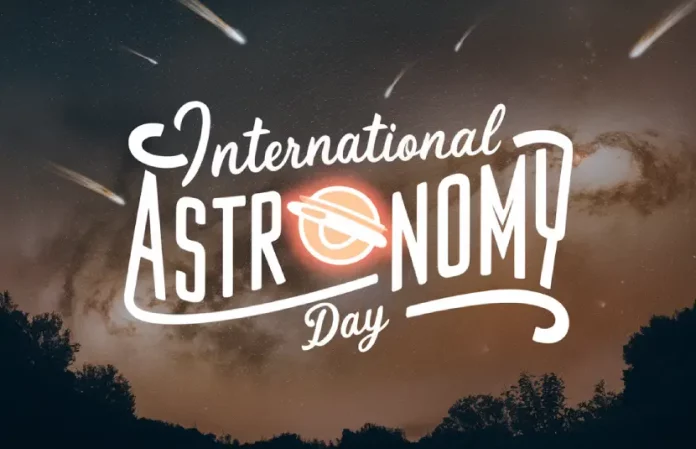
International Astronomy Day is a global celebration held annually on 18th May, dedicated to fostering public interest and awareness of astronomy. This day serves as an opportunity for people worldwide to come together and appreciate the marvels of the universe, encouraging exploration and education about celestial phenomena. From stargazing events to educational workshops, various activities are organized to engage individuals of all ages in the fascinating realm of astronomy.
History of International Astronomy Day
The inception of International Astronomy Day can be traced back to the efforts of Doug Berger, the President of the Astronomical Association of Northern California. In 1973, Berger proposed the idea of dedicating a day to promote astronomy and its significance to the public. His vision was to inspire curiosity and appreciation for the wonders of the cosmos among people of all backgrounds. With the support of astronomers and enthusiasts worldwide, the first International Astronomy Day was celebrated on 18th May 1973. Since then, it has become an annual tradition observed globally, with various institutions and organizations hosting events to commemorate this special day.
Importance of Astronomy Day
Astronomy Day plays a vital role in fostering scientific literacy and encouraging curiosity about the universe. Through engaging activities such as telescope observations, planetarium shows, and educational workshops, individuals have the opportunity to learn about celestial bodies, space exploration, and the latest discoveries in astronomy. This celebration also serves as a platform for astronomers and scientists to share their knowledge and passion for the cosmos with the public, inspiring future generations of space enthusiasts and researchers.
How to Celebrate Astronomy Day
There are numerous ways to celebrate International Astronomy Day and immerse oneself in the wonders of the universe. Participating in stargazing events organized by local astronomy clubs or observatories is a popular choice for individuals eager to explore the night sky. Setting up a telescope in a dark, open area away from city lights allows for optimal viewing of celestial objects such as planets, stars, and galaxies. Additionally, attending planetarium shows or astronomy-themed lectures provides an opportunity to learn about astronomical concepts and phenomena in a captivating and immersive environment.
Educational Outreach and Awareness
A key aspect of International Astronomy Day is its focus on educational outreach and raising awareness about the importance of astronomy. Schools, museums, and science centers often host special events and activities designed to introduce students to the wonders of the cosmos. Hands-on experiments, interactive displays, and educational presentations enable young learners to develop a deeper understanding of astronomy and inspire a passion for scientific inquiry. By fostering an early interest in astronomy, educators hope to cultivate the next generation of astronomers, scientists, and space explorers.
Inspiring Future Generations
International Astronomy Day serves as a reminder of humanity’s innate curiosity and desire to explore the unknown. By celebrating the beauty and complexity of the universe, we inspire future generations to pursue careers in STEM fields and contribute to advancements in space exploration and astronomical research. Whether attending a star party, visiting a planetarium, or simply gazing up at the night sky, everyone can participate in this global celebration and experience the awe-inspiring wonder of the cosmos.
Conclusion
As we commemorate International Astronomy Day on 18th May, let us take a moment to marvel at the vastness and beauty of the universe. Through education, outreach, and exploration, we can deepen our understanding of the cosmos and inspire a sense of wonder and curiosity in future generations. Whether you’re a seasoned astronomer or someone with a passing interest in the night sky, there’s no better time to celebrate the wonders of astronomy and embark on a journey of discovery among the stars.
Stay Tuned to our Website Freshersnow.com for more interesting blog posts and educational content.
| You Can Also Check | |
| Current Affairs | |



